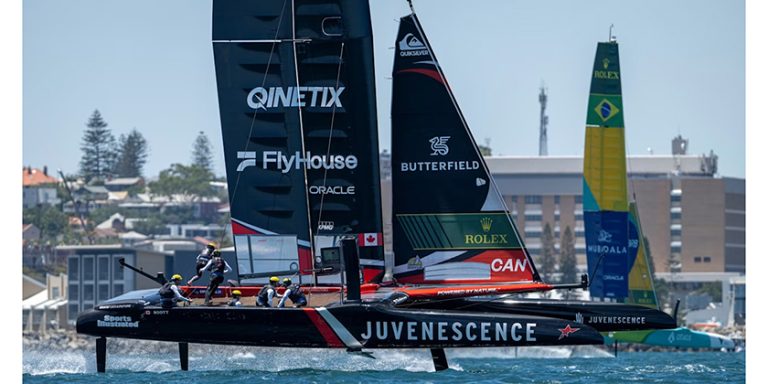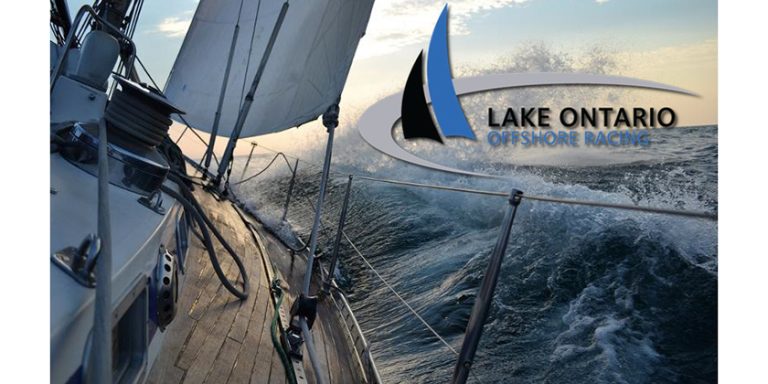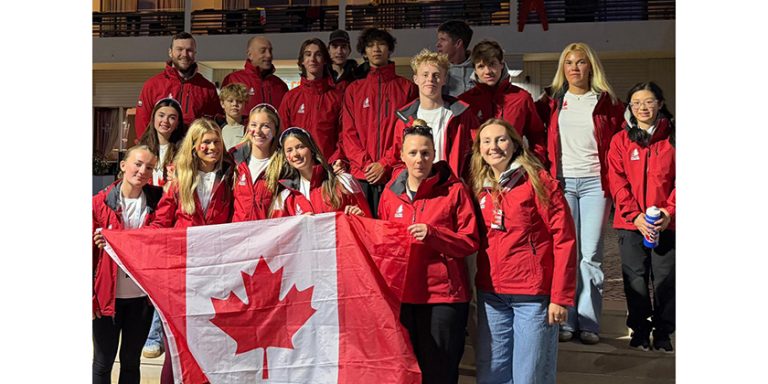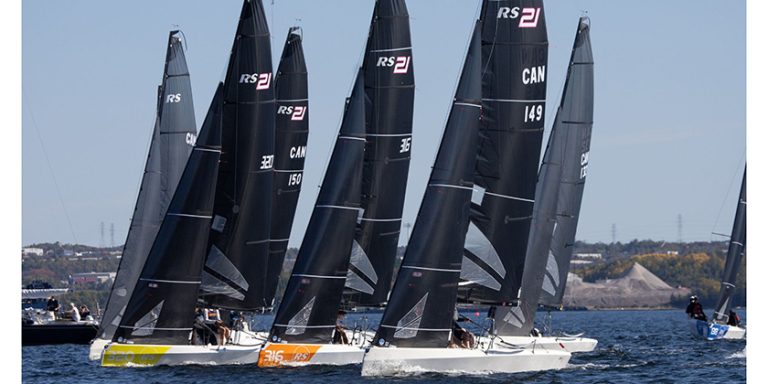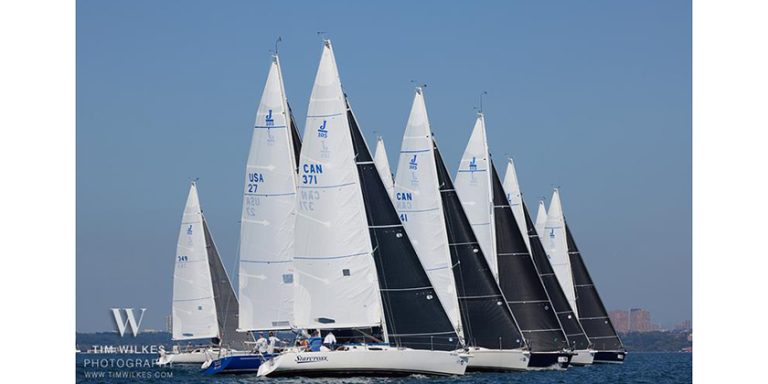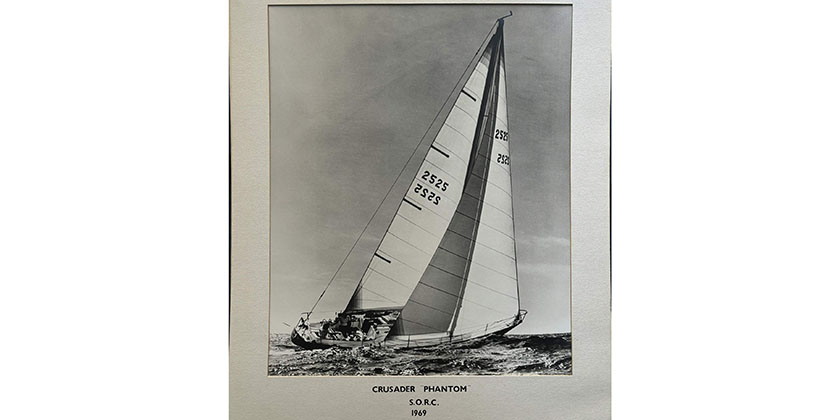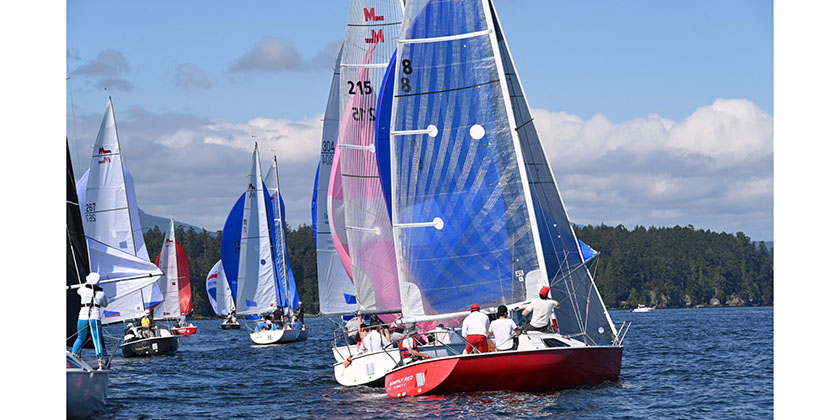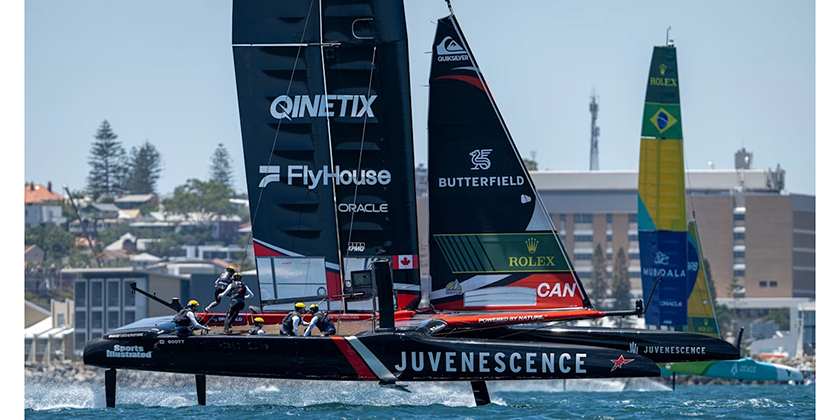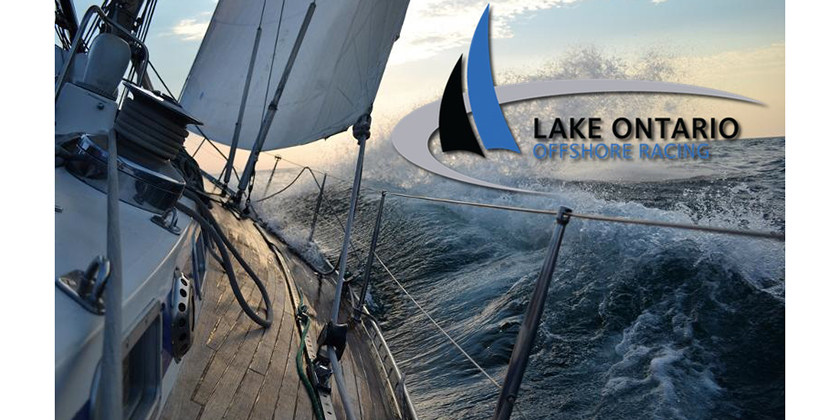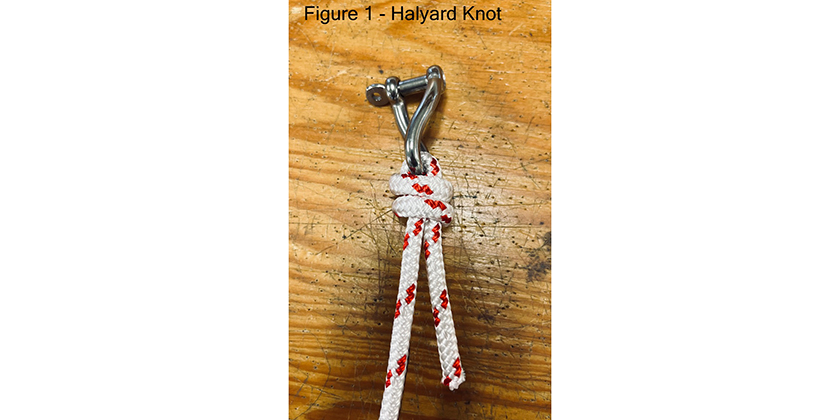An Olympic Nightmare Unfolds – It’s Not Just A Classes’ Debate
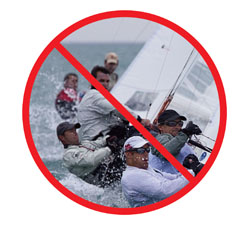
It’s not only the classes, it’s the courses too!
The International Sailing Federation's (ISAF) recent decision to change up the classes and events for the upcoming 2016 Olympics has brought a wave of controversy across sailors everywhere. It's not just a classes’ debate, it’s a courses debate too!
When they concluded their annual meeting in Athens, Greece in November, the Council voted in favour of the Events Committee's provisional events slate for the 2016 Olympic Sailing Competition.
Men's
One-person board or kite board men – Equipment to be determined
One-person dinghy men – Laser Standard
One-person dinghy men – Finn
Two-person dinghy (skiff) men – 49er
Women's
One-person board or kite board women – Equipment to be determined
One-person dinghy women – Laser Radial
Two-person dinghy (skiff) women – Equipment to be determined
Three-person keelboat women – Elliott 6m (match or fleet race not decided)
Other
Two person mixed multihull – Equipment to be determined
Two person mixed dinghy with spinnaker – 470
Source: www.sailing.org
While this is a provisional list of events and subject to final confirmation in the ISAF May 2011 mid-year meeting, it shows the changes afoot in Olympic sailing that removes the Star boat in favour of a two-people mixed multi-hull. Other changes include a two-person dinghy (skiff) for women rather than the 470, and revising the 470 for men and women to be a mixed class.
Is this a brilliant move or a stupid mistake?
When we look at this turn of events, we begin to ask our self the age old question: Aren’t the Olympic Games supposed to represent the sport? Aren’t they supposed to have the best athletes represented at the sport venue that arguably gets the most coverage globally than anything else? What were they thinking?
Seduced by the opportunity to garner TV and Internet broadcasting through the excitement of 'crash and burn' racing they appear – in our eyes – to have failed our sport miserably.
Imagine today's reality: if you weighg over 80 kg, you can no longer compete.
Can you imagine taking a class out like the Star? Just think about the Olympics without a boat that has had more world champions than any other class. Simply put, the Olympics are the pinnacle of our sport. We claw and scratch our way through event after event to get there. The talent development is deep and wide. Think of an Olympics without the likes of MacDonald and Wolfs, without Conners or Elvstrom. What’s wrong with being 20 when you first compete and 50 when you last compete?
You want the best sailors in the world to compete. You want the experience and tenure. And you want the classes that really build sailing globally. All over the world, sailors of varying ages and experiences build four-year programs for the Olympics; they race and compete, learn and drive off one another. Limiting the scope of the Olympic regatta will cut that talent and development pool dramatically.
The Flying Dutchmen, Soling and Star boats have been abandoned by ISAF over the years but it is these classes that extended great sailing careers over decades. The records set by Elvstrom and Fogh and Bastet will never be repeated. Depth in sailing internationally will be severely damaged and the traditions of the sport cast aside.
The reality of sailing is counter to swimming. Sailors are older; a swimmers prime’ is 18. The new classes, by their very nature, favour light crew and therefore younger sailors. With this formula, after only two years out of a junior sailing program, sailors must compete in this high-pressure packed environment. Having barely started their competitive careers, they are going to the games. It just doesn't make sense. The maturing of sailors is greatest between the ages of 20 and 30. Sadly for many, weight and body shifts happen too. Sailing participation is being limited by a class choice that forces the wrong dynamic: eliminating keel boats from this sport totally misses the mark. What’s wrong with progression from Lasers to Stars? With this new roster, all we are doing is taking what is now already a smaller pack of talent (as a result of the 80 kg rule) and diluting the talent pool we now have.
The reality for sailing is that it is not a TV spectacular type sport and never will be. The theory that changing classes will make it more viewing friendly is a travesty. Why change it so radically?
What these guys (the ISAF) forget is the dream of participating in the Olympics. The desire to reach that podium is a powerful one. It drives athletes to participate throughout their lives (not for a limited time). This combined with the ability to progress through various classes enables them to mature both personally and as a competitive sailor.
With these new recommendations, the desire to reach the podium has indeed been deflated. Less options, less time, and less ability to grow, less chances to win. If ISAF was truly serious about growing the sport of sailing, this decision certainly does not reflect that.
The argument that the Star or Soling is old is irrelevant because the Olympics are supposed to be a strict One Design competition between mature experienced sailors. What about the 100- plus boat fleets that we still see in the Star class? We sure hope we don’t see that number dwindle…but we will.
Is ISAF supporting the future growth of sailing? We say no. Once these younger sailors compete they will, with few exceptions, sail only one Olympic games. With this limited participation by any one sailor, we have lost the ability to leverage the experience, the recognition, the heroes and the prestige we once had. The older and larger sailors will now go professional.
The older and larger sailors will now go professional; they will leave one design and the innovation in techniques and talent will be lost. If ISAF thinks they can grow sailing by their move they are wrong. The older and even larger sailors will leave to play golf as there is little incentive now save the professional track.
The Course Debate
But it’s not only the classes that have sailors debating and barking mad, it’s the courses, too. Simple windward and leeward leg races that take 15 minutes to sail are perfect for frostbiting but clearly don't nurture the dynamics of real sailboat racing that demands patience and tactics. Is it better to default to a windsurfer mindset for all classes? We don't agree. This new direction promotes 'the first shift wins' mindset – boring to watch – boring to compete in – and providing no dramatic finishes we have witnessed and applauded over the years.
The small courses have effected everything we think of now and makes us default to boat speed first and foremost. No more winning from the back of the fleet, no more contact then attack sailing.
A sports federation's underlying goal is to increase participation at all levels, isn't it? We applaud the mindset of the Canadian Yachting Association’s new mantra “Sail to Win, Sail for Life”. CYA has got it right and is building the programs to support it. Too bad for ISAF that their moniker is in danger of being reworked to be: "Sail To in Once, Golf for Life".
By John Kerr and Hans Fogh. Hans Fogh and John Kerr sailed together winning numerous European, North American titles and together with Steve Calder won a bronze medal for Canada in Los Angeles in 1984!

